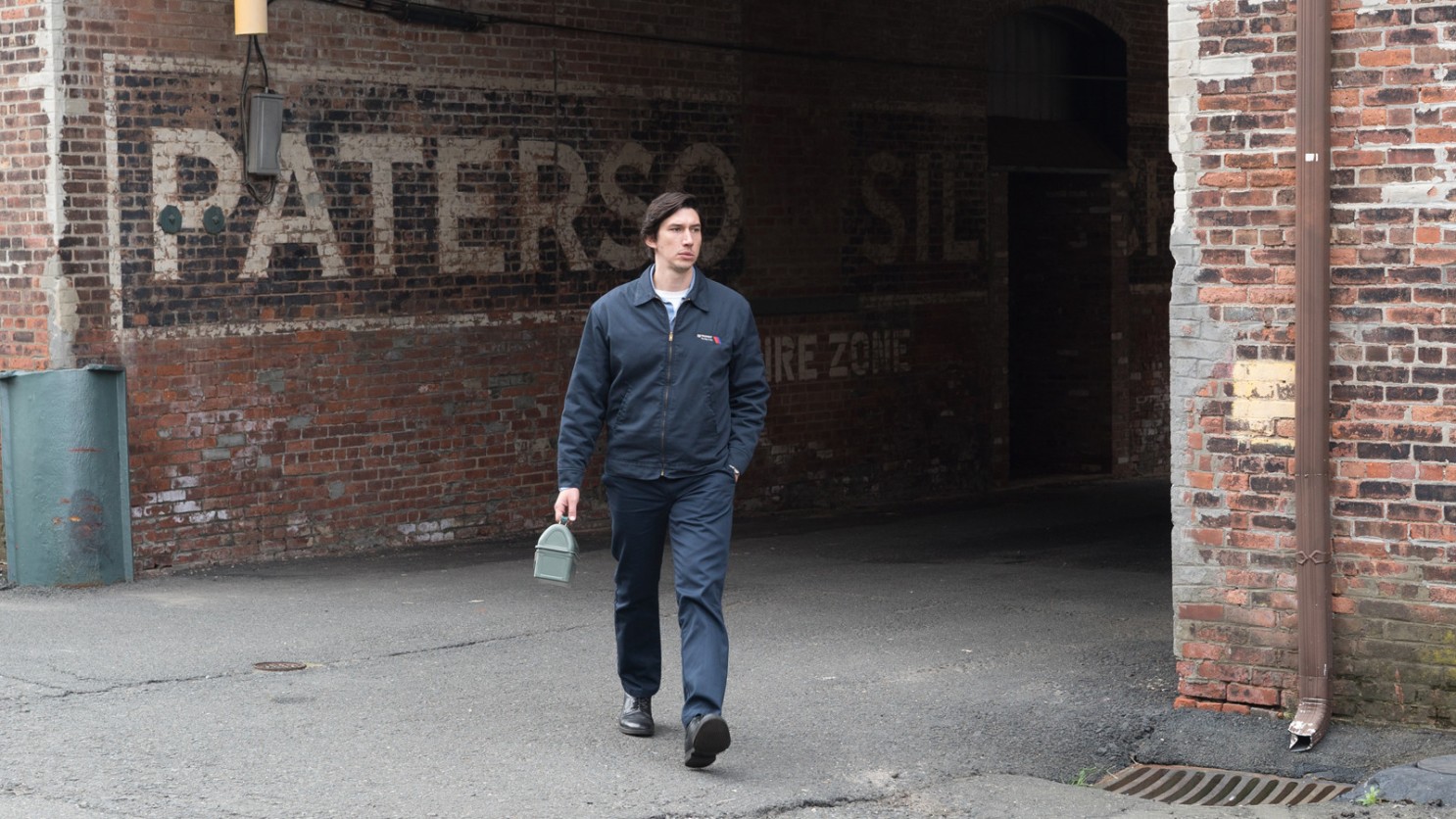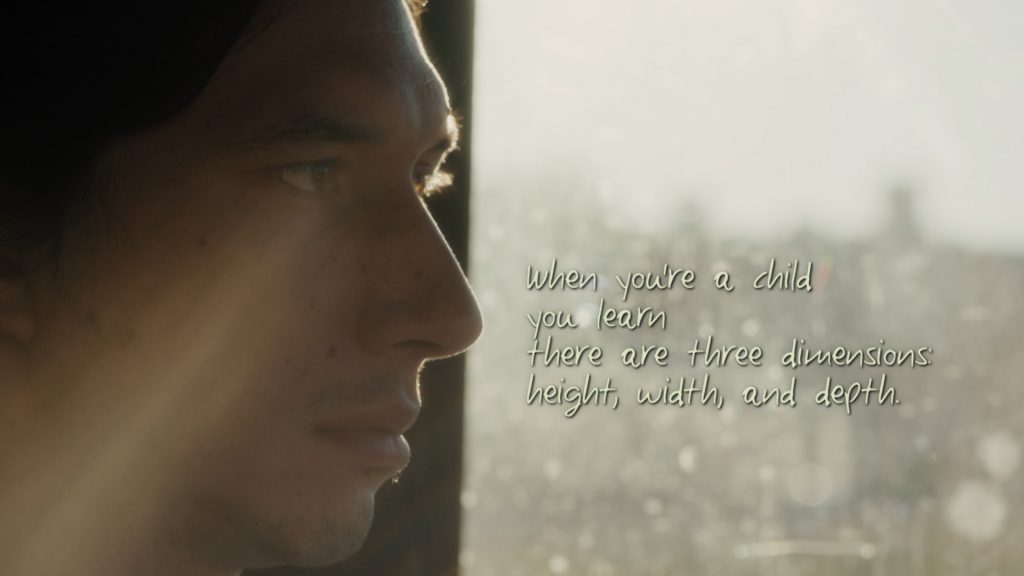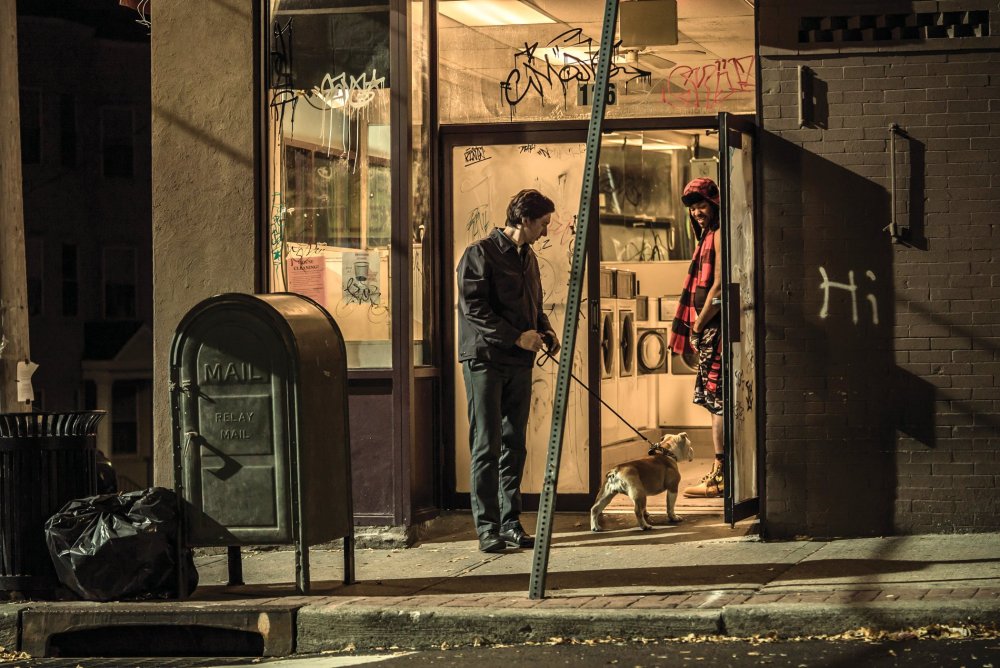Paterson



Paterson is the story of a bus driver, named Paterson, living in Paterson, who leads a routine, uneventful life. We see him eat breakfast, walk to work, drive a bus, eaves drop on his passengers’ conversations, get home, walk his girlfriend’s dog, have a drink at the same bar every night, and go to bed.
The film is beautifully reminiscent of Jarmusch’s early works, reminding us of Stranger Than Paradise (1984) and Night On Earth (1991). Jarmusch is one of cinema’s zen masters, creating films that are not frivolously imposing a visceral experience onto you, but rather, holding back the rhythm to a slower pace and having us observe the smaller, subtler things in life – those that we might dismiss as banal or irrelevant. It is in Jarmusch’s observing the smaller things, the quiet moments, the passing of time, that our focus is realigned and we too are invited to appreciate the things we may not be noticing.
It is in this zen state of mind that our lead character, Paterson, lives his life. Though it may seem uninteresting, it is quite the opposite. The man is appears to be fully aware of his surroundings, paying attention, unaffected by negativity, supportive of his girlfriend’s ambitions and dreams no matter how far fetched they might be, is interested in strangers’ stories, is forgiving to those around him who make mistakes, is gentle and kind at every moment, and he notices the beauty in little things. From this, he writes poetry in a single notebook that he keeps with him, putting onto paper what he’s taken in from the world. And the poetry is really beautiful.
This is not a film with any high drama. It is not a film about conflict resolution, or achieving greatness or overcoming a major tragedy (or, maybe it is – there is one major tragedy in the film that Paterson must rise above. I don’t want to give the ground-shaking plot point away over here). It is not a film handing out any moral advice; it is a portrait of something much more relevant: paying attention, seeing life how it really is, and appreciating the virtue of the everyday – all of which give us the ability to truly love those around us, contributing to a true freedom. You’ll never look at a box of matches the same way again.
